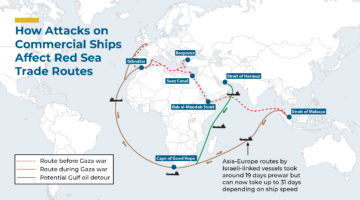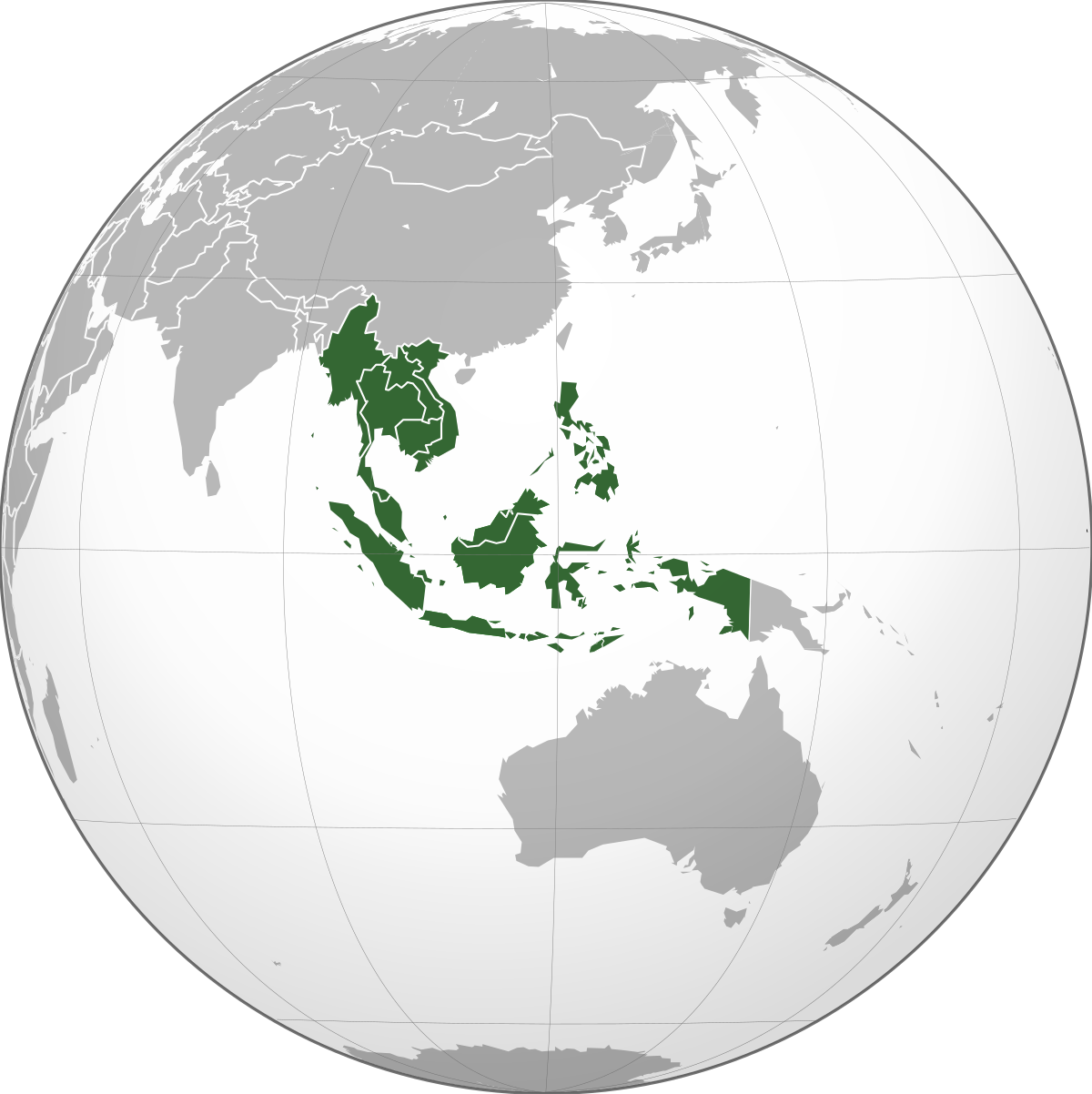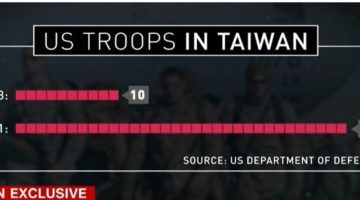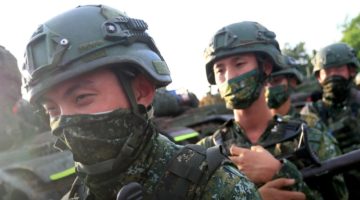By Ross Babbage, Chief Executive Officer, Strategic Forum, Australia1
III. Working Beyond Classical Alliance Framework: Building Coalitions of the Willing In the Indo-Pacific Region To Deal With The Chinese
One needs to focus on shaping coalitions of the willing to address specific challenges posed by China, rather than relying on a classic alliance framework. It is about finding ways to protect the national sovereignty of neighbors and friends through cooperation on specific issues.
What we really need is a broader international partnership, a security coalition which can operate with great flexibility to help all Indo-Pacific countries maintain their sovereignty and security.
We can help them a lot. The U.S can obviously play a big role in such an effort. The Japanese are already committed to strengthening security partnerships across the region. And the Indians and others are doing some useful things as well.
We don’t want to call this loose network an alliance. That doesn’t resonate well in most parts of Southeast Asia and the South Pacific. We need to build a coalition of like-minded countries who share our concerns about reinforcing national sovereignty and security. And I think we’re starting to make some progress.
That’s where the future really lies, and that’s what we’ve got to make work. If we do, we’ll be changing the environment markedly. We’ll be reinforcing national and regional security and we will also be bolstering political and economic cooperation and confidence.
Much of the pressure being felt by Xi and his regime is self-inflicted. One example amongst many is the regime’s action in ceasing the importation of Australian coal.
I don’t think that too many Americans are aware that these measures are starting to cause the Chinese serious problems. In several parts of China they’ve had to ration electricity and reduce markedly the heating of apartments and many facilities in mid-winter.
The Chinese operate a large number of new-generation coal-fired power stations, many of which are tuned to burn high-quality Australian thermal coal. These plants can’t run properly without it.
And then there’s another problem that has arisen with metallurgical coal, where we are also a leading supplier to China. If you don’t use high-grade Australian coal and you use lower grade coal sourced from elsewhere, you have to use much higher-grade iron ore in the blast furnaces to compensate. But higher-grade iron ore is more expensive and this has helped drive a doubling of iron ore prices in recent months. This, in turn, has increased the cost of Chinese iron and steel and reduced China’s international competitiveness.
So the regime’s ill-considered actions are imposing serious costs on Chinese businesses and the Chinese people more generally. The lack of heating and the halting of elevators in twenty-story apartment blocks has imposed unnecessary hardships. Several industries have been forced cut their power use and suffer a reduction in productivity. If this goes on indefinitely, there may be consequences for the regime’s domestic reputation and legitimacy.
The real difficulties confronting Xi’s regime underline the reality that although the Chinese economy is large, its outlook is cloudy and it is not quite as attractive to foreign investors as many assume. Few informed analysts now see China as ‘the factory of the world’ now and certainly not in a decade’s time.
Part of the reason is that China’s national debt is now around 335% of GDP and still rising rapidly. The head of the Chinese central bank has made it clear that the country can’t keep spending large sums of money on unnecessary building works and incurring yet further debt just to maintain a sense of economic normality.
Other serious problems are the rapid aging of the population and the declining size of the workforce. These deteriorating demographic trends are starting to be felt as major social and economic problems which the regime has little scope to influence.
In short, Xi has promised a great deal but his international policies and his domestic mismanagement could be his undoing.
The Chinese regime is the cause of many of the security problems now faced by the United States, its European and Indo-Pacific allies and their many security partners. There is a need for genuine solidarity in the face of Chinese interference and coercion. That is why there is a need for enhanced international consultation. cooperation and coordination.
——-
1 This is three-part article written by Ross Babbage and published with the authorization of our media partner Second Line of Defense. According to his biography published on Wikipedia, “Ross Babbage (born 1949) is the Chief Executive Officer of Strategic Forum Pty Ltd and a Non-Resident Senior Fellow of the Center for Strategic and Budgetary Assessments (CSBA) in Washington DC. Dr Babbage is also Managing Director of Strategy International, a national security consulting and educational services company. Dr Babbage formerly held the position as Head of Strategic Analysis in the Office of National Assessments and Assistant Secretary for ANZUS and then Force Development in the Department of Defence. He has also been an advisor to various government ministers and department. Babbage was educated at Barker College in Sydney. He subsequently completed bachelor’s and master’s degrees in economics from the University of Sydney and a PhD in International Relations from the Australian National University.”
Map © https://en.wikipedia.org/wiki/Southeast_Asia












